When it comes to anti-aging skincare, two ingredients that have been making waves in the beauty world are bakuchiol and retinol.
Bakuchiol, a plant-based ingredient, has been touted as the natural alternative to retinol, a derivative of vitamin A.
Both of these ingredients promise to reduce fine lines, wrinkles, and improve skin texture. But which one is better for your skin? In this blog post, we'll compare bakuchiol vs. retinol and see which one comes out on top.
How They Work
Retinol is a potent ingredient that works by stimulating the production of collagen and increasing cell turnover. This results in the reduction of wrinkles, fine lines, and hyperpigmentation.
Bakuchiol, on the other hand, works by increasing the production of elastin and collagen, resulting in firmer, smoother skin.
Side-Effects
Retinol is a powerful ingredient that can cause skin sensitivities such as dryness, redness, and flakiness, especially if you have sensitive skin.
Bakuchiol, on the other hand, has been found to be much gentler and better-tolerated by all skin types, including sensitive skin.
Results
While both ingredients have been found to be effective in reducing fine lines and wrinkles, a recent study published in the British Journal of Dermatology found that bakuchiol is just as effective as retinol in improving skin texture and thickness.
However, retinol was found to be more effective in reducing hyperpigmentation and acne.
Compatibility
Retinol is notorious for having compatibility issues with other skincare ingredients, such as vitamin C and benzoyl peroxide.
Bakuchiol, on the other hand, has been found to be much more compatible with other skincare ingredients, making it easier to incorporate into your existing skincare routine.
Natural vs. Synthetic
One of the biggest differences between bakuchiol and retinol is that bakuchiol is a natural, plant-based compound, while retinol is a synthetic compound.
If you prefer using natural skincare ingredients, then bakuchiol may be a better option for you.
In conclusion, both bakuchiol and retinol are effective in reducing fine lines and wrinkles, but they have different strengths and weaknesses. While retinol may be more effective in reducing hyperpigmentation and acne, it can also cause skin sensitivity issues.
In comparison, bakuchiol is much gentler and better tolerated by all skin types, and has been found to be just as effective as retinol in improving skin texture and thickness.
The choice between these two ingredients ultimately comes down to personal preference and skin type. Whatever you choose, make sure to start with a low concentration and gradually work your way up to avoid any adverse side effects.
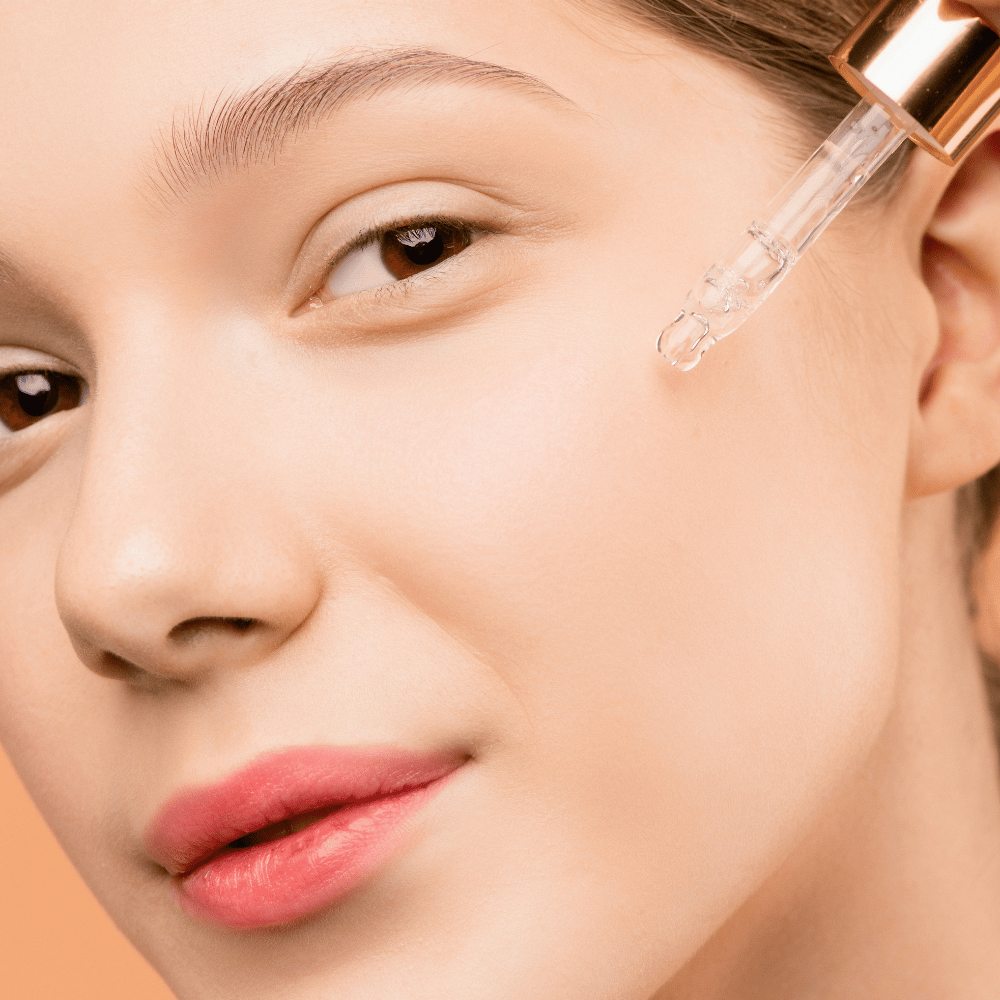
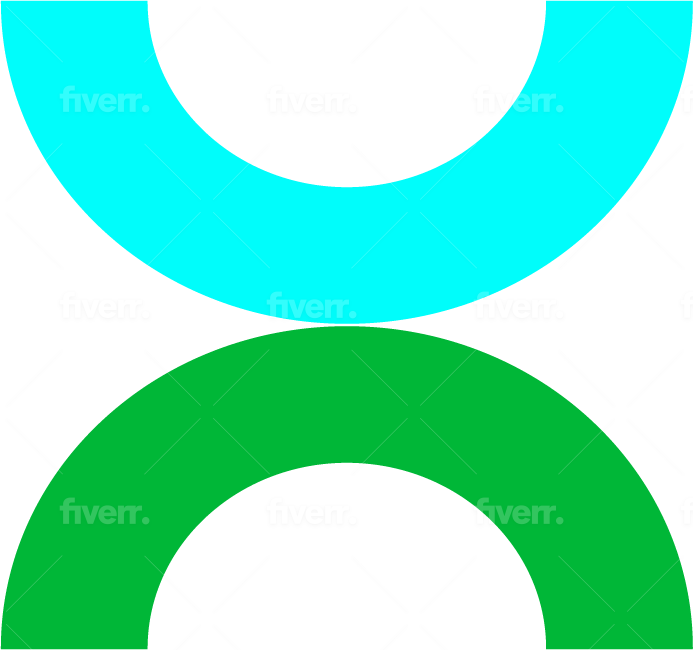



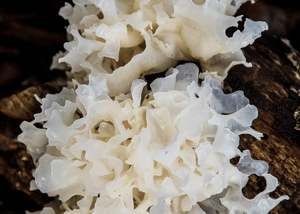


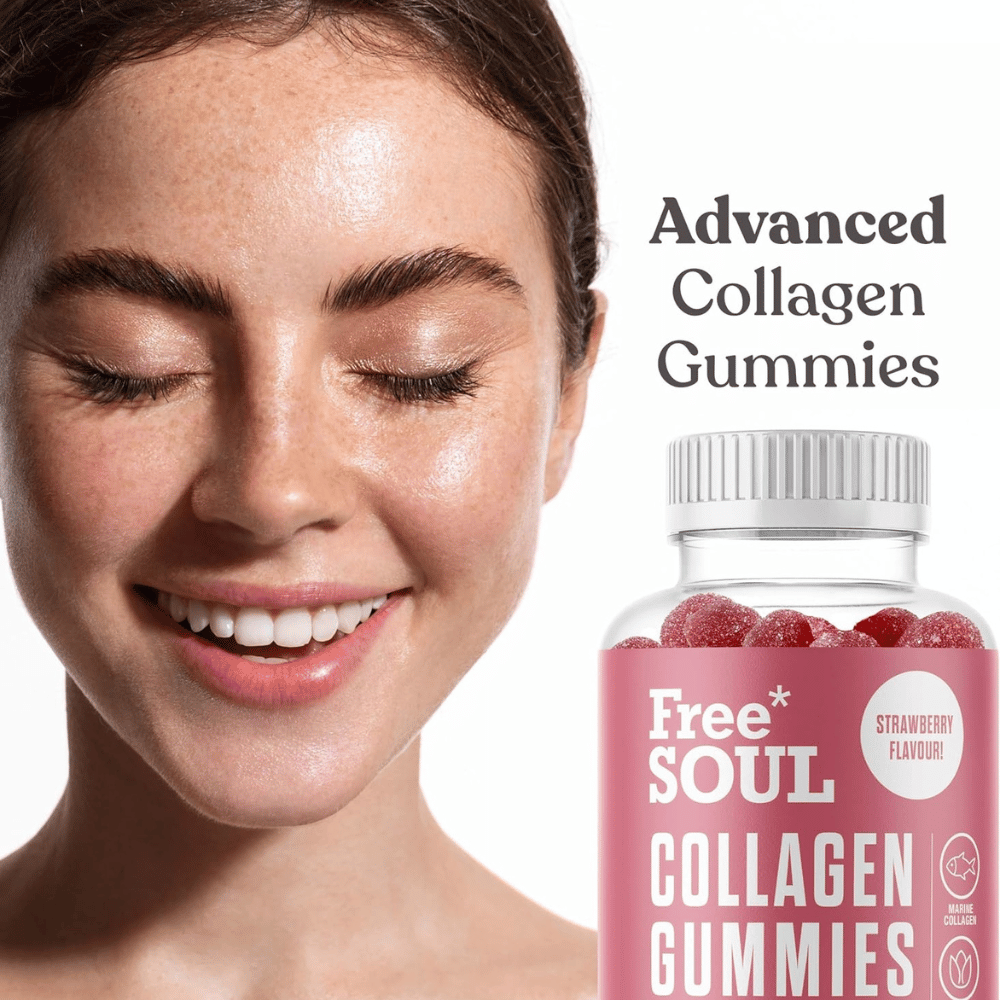


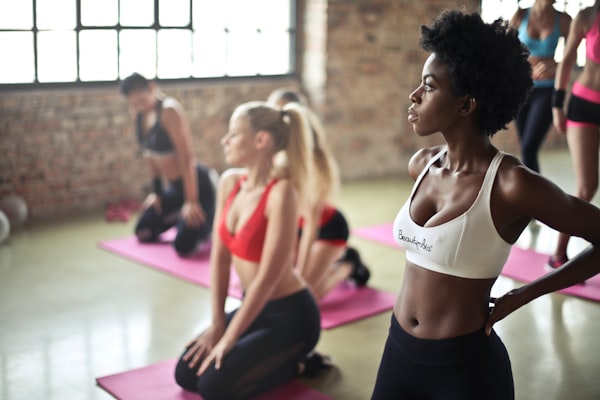
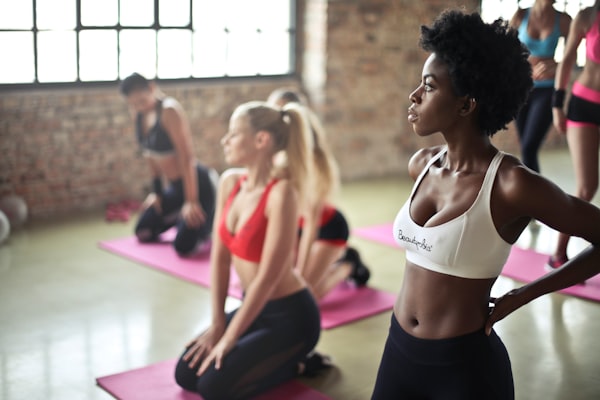
Member discussion